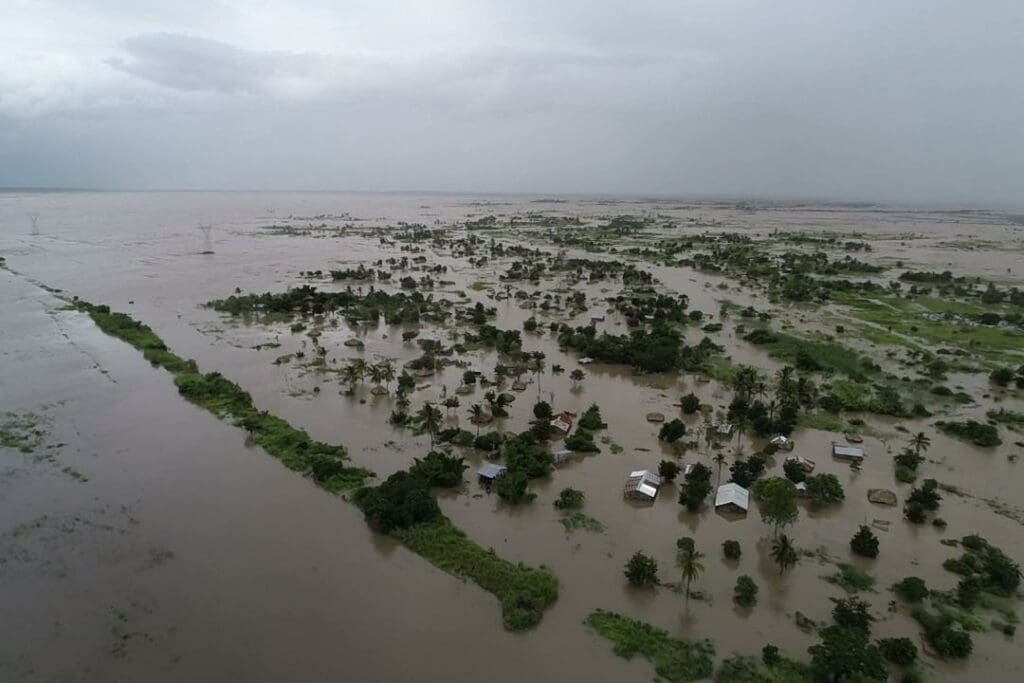Climate is Driving Hunger
Natural disasters are increasing in frequency, intensity and unpredictability, giving the most vulnerable households inadequate time to recover.
Even before Cyclone Freddy hit, many in Malawi were already living on the edge of hunger. Experts estimate more than 3.8 million people – 20% of the population – needed food assistance over the last six months.
The main drivers of severe hunger in Malawi are extreme weather events and rapidly rising food and fuel inflation.
You can make a difference. By understanding issues, learning how to civically engage, and joining the movement to end global hunger for good.
 WFP/Photolibrary
WFP/Photolibrary






